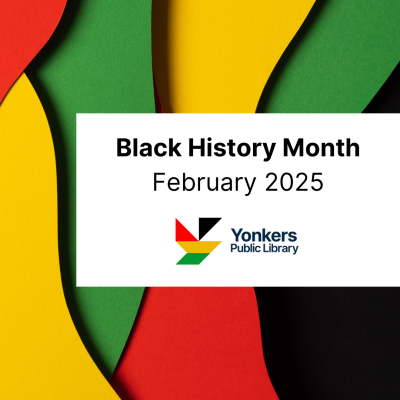
Black History Month is a time not only to celebrate the accomplishments of Black Americans throughout history who have created impactful change, but to reflect on the history of racism and slavery in America and the strides Black Americans have made in the fight for equality.
The origins of Black History Month can be traced as far back to 1926, when historian and author Dr. Carter G. Woodson initiated the first “Negro History Week” in February 1926, the same week that included the birthdays of Frederick Douglas and Abraham Lincoln. It wasn’t until 1986 that Congress officially designated February as Black History Month.
Dr. Woodson also founded the organization now known as the Association for the Study of African American Life and History (ASALH). The ASALH explores a unique theme each year, and this year’s theme is African Americans and Labor. This theme explores “work and working of all kinds – free and unfree, skilled, and unskilled, vocational and voluntary” and how it connects with the broad collective experience of Black people. You can read more about this theme from the ASALH here.
Black Americans have had a profound impact throughout our nation’s history. Mary Jackson, Katherine Johnson and Dorothy Vaughn were the “hidden figures” at NASA who made early space missions a reality. Americans like John Lewis and Baynard Rustin were influential in the Civil Rights Movement in the 1960s, both of whom were key leaders in organizing the “March on Washington for Jobs and Freedom” in 1963 where Martin Luther King Jr. gave his “I Have a Dream” speech. Many items we know and use today - from traffic lights to home security systems - were created by black inventors.
February is also the National African American Read-In (AARI), which encourages communities to come together to read stories focused on African American stories and by African American authors. Malcolm X reflected on the power of reading in his autobiography:
“I have often reflected upon the new vistas that reading opened to me. I knew right there, in prison, that reading had changed forever the course of my life. As I see it today, the ability to read awoke inside me some long dormant craving to be mentally alive. I certainly wasn’t seeking any degree, the way a college confers a status symbol upon its students. My home made education gave me, with every additional book that I read, a little bit more sensitivity to the deafness, dumbness, and blindness that was afflicting the black race in America. Not long ago, an English writer telephoned me from London asking questions. One was, “What’s your alma mater?” I told him, “Books.” You will never catch me with a free fifteen minutes in which I’m not studying something I feel might be able to help the black man.”
You can learn more about Black history and read some impactful stories by Black authors at Yonkers Public Library. Check out some recommendations here or ask a librarian for more specific recommendations.
Be sure to check out all of the Black History Month events at Yonkers Public Library.
Alison Robles is a Part-Time Junior Clerk at the Crestwood Library. She is an avid reader with a passion for YA lit, historical fiction and fantasy. A Yonkers native, she recently received an MS in Information and Library Science from the University at Buffalo.